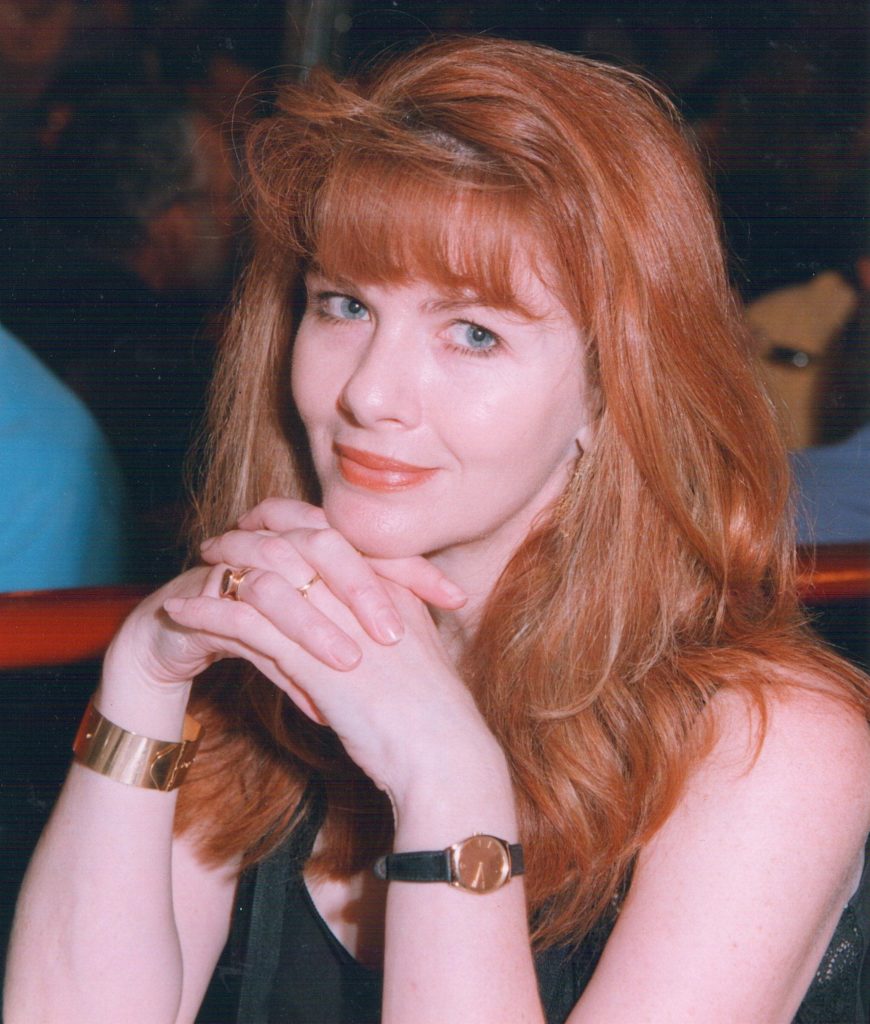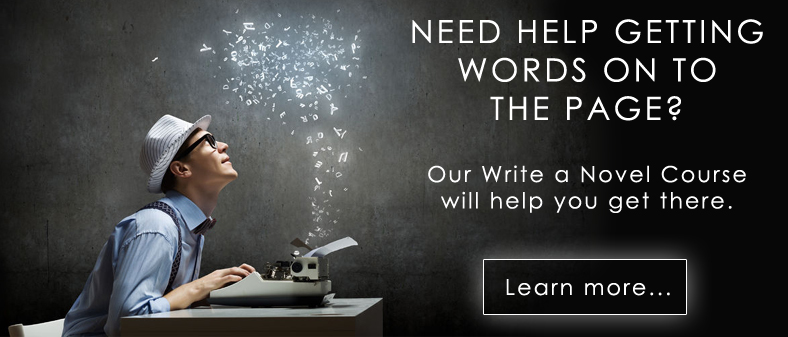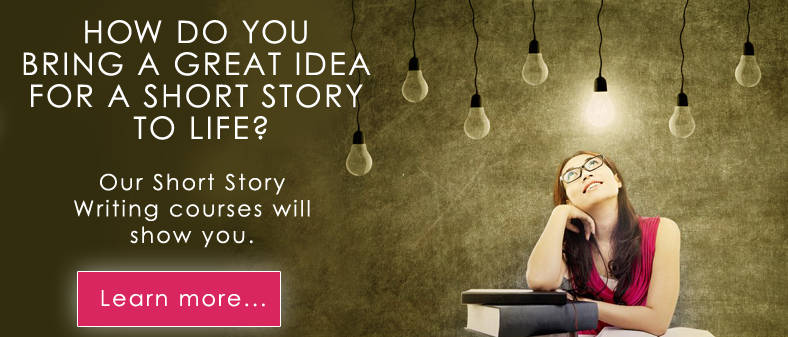Fiona Ingram is a multi-award-winning author of adult and children’s fiction. She has won, or been a finalist in, over 10 prestigious international writing awards. She has also written historical romances published by MUSA Publishing (USA), including Married at Midnight, The Wayward Miss Wainwright and Lord Blackwood’s Valentine Ball. Fiona tutors on the novel writing course at The Writers College.
After years of navigating the world of publishing, she has gained valuable insight into exactly what it takes to get a novel out there.
Fiona tells REFILOE METSING what unpublished authors and new writers need to do to get their work noticed by readers and publishers alike.
Q: How long have you been a tutor for the Writers College? Which course(s) do you tutor?
A: I tutor the Novel Writing Course, and the Advanced Novel Writing Course, and have worked for The Writers College since 2013.
Q: You’ve accomplished a lot in your career as an author. What are your biggest writing achievements thus far?
A: Three multi award-winning Middle Grade adventure novels with publishers in Japan and China; eight Regency romance historical novels which I write under a pseudonym, Arabella Sheraton.
Q: The road to publication is often a daunting prospect to new writers. How did you manage to break through and get published the first time?
A: I was rejected by 33 of the 35 UK agents I sent my first MG novel. I received 33 ‘thanks, but no thanks letters,’ and two wonderful letters in which both agents told me I could write and not to give up. They did not take me on, but that didn’t matter – the praise and validation were enough. So I self-published and that has been my road ever since.
My Japanese and Chinese publishers are traditional publishers and through a serendipitous series of events, they found me!
My Regency novels have been traditionally published but when my original publisher closed her business because of bad health, I found a great distributor and that has worked very well for me.
Q: You have obviously learned quite a lot about the process since the publication of your first book. What tips do you have for aspiring writers who are currently trying to get published?
A: The days of self-publishing being a poor cousin in the industry are gone. There are many top authors who are what is called ‘hybrid’ authors: they self-publish, and they are traditionally published with some titles. NY Times best-selling author CJ Lyons is a good example.
It is very difficult to get a traditional deal, and even then, it is hard to stay on top and actually earn money from it. Don’t for one minute think you just sit back and the publisher does all the work. Unless your book is a top seller right away, the author still has to do marketing leg work.
A traditional publisher gives a new author about three months of marketing. The rest is up to the author.
If you decide to self-publish, you have a lot more freedom in terms of your cover and your content, but there are costs to consider that must be borne to elevate your work to the industry’s exacting standards.
Sadly, many newbie self-published authors only take the advice of friends and family and fail to engage and pay for a professional editor and cover designer.
It is imperative that to be taken seriously, you make sure your book is well written, professionally edited, and the cover and layout are well done.
Q: What is the most unexpected thing you have learned about book publishing or the publishing industry so far?
A: Anything can happen. If an idea is great, or it catches on, or there is a strong and loyal market, even a self-published book can make it to the top.
The Martian by Andy Weir got to the big screen and best-seller status through popularity and word of mouth via the author’s blog.
Q: How did you find your agent?
A: All my agents found me. My Asian agents found me through an online marketing website/newsletter that showcases potential Western books for translation to an Asian market. My Japanese publisher arrived very quickly, and things happened fast.
My Chinese agent slogged for three years trying to get a publisher. It was very hard. Just as I was about to say thanks but let’s give up, he emailed me with exciting news that one of the biggest children’s book publishers in Beijing had taken my first children’s adventure book and wanted the rest in the series.
My US agent found me via a blog tour (I love blog tours; they work well for me), and asked if she could represent me. She does movie rights and foreign translation rights.
Q: In your opinion, why is self-marketing important for indie and unpublished authors? As an indie author yourself, what are some of the steps you have taken to market yourself and establish an author presence online?
A: A very good piece of advice I learned early on was that the cheapest form of advertising is word of mouth, especially because it is free.
Here are some tips.
- Every day tell someone about your book. Without drowning people in ‘please buy my book’ begging, remind people subtly by engaging them in reasons why your book is important, what they’ll get out of it. You can also do leg work in your local area via libraries and associations, bookshops and even schools (depending on the age of the target market).
- Choose a few options from the many social media sites available and work those. I went overboard in the beginning and tried to do too much. Now I have Twitter, Facebook, Pinterest and LinkedIn for my social media sites. I have Goodreads and Librarything for when I review books. If you are already published, an Amazon Author page is an absolute gift for authors to include information for readers, as well as getting them to follow you.
- You should also have an author website and/or a book or book series website with links for purchasing, as well as some interesting things for potential buyers to explore.
- Other angles to explore: I have found that blog tours work exceptionally well for me. In most cases I write articles about child literacy and people benefit from those, and then take it further and find out more about my books. Again, look at a potential buyer and see how you can benefit them first, instead of the other way around.
- Enter book award contests. You don’t have to win all of them. I have been fortunate with my wins, but even a mention is an achievement, such as a finalist place, or a runner-up. These contests publicise their results and that’s another way for word of mouth to spread. The contest organisers always provide winners and honourees with online material for them to share, such as award stickers, award certificates etc. This is bonus material to share on your social media sites and on your book/author website. Book awards achievements also tell potential buyers and even potential publishers that your book is of good quality and meets the industry standards.
Readers can find out more about the Chronicles of the Stone book series here. If you’d like to see what Fiona is up to, check out her blog and follow her on Twitter and Google+. For more information on Fiona’s other novels, take a look at her profiles on Goodreads and Amazon.















